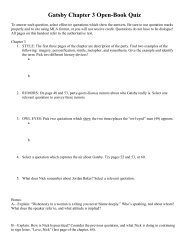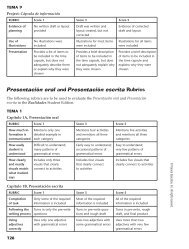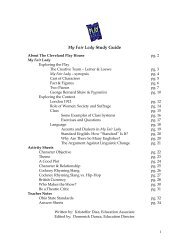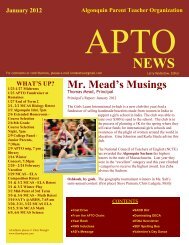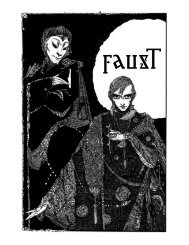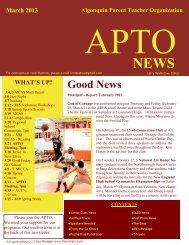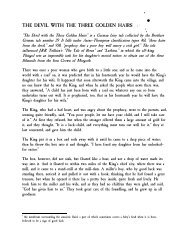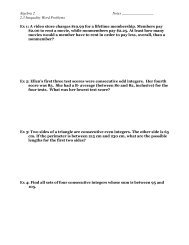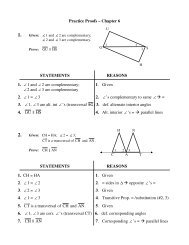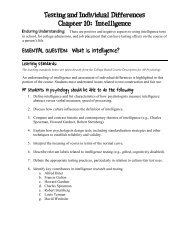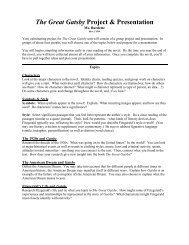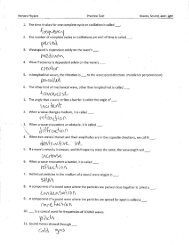Cherry Orchard
Cherry Orchard
Cherry Orchard
You also want an ePaper? Increase the reach of your titles
YUMPU automatically turns print PDFs into web optimized ePapers that Google loves.
Comprehending the Text<br />
101 WAYS TO READ A MONOLOGUE: An Activity<br />
A monologue is a long speech or soliloquy made by one person. Sometimes it can be tough<br />
for a young actor to take on a piece of text and perform it on their own, so this activity is a<br />
way to get your students to forget their inhibitions and have fun with it.<br />
1. Pick one or more of the monologues below, and hand them out to your students. You<br />
can assign or let them choose which monologue they want to do, and give them a few<br />
minutes to read it over a few times and familiarize themselves with it.<br />
2. In partners, let them read it out loud to one another a few times in whichever way<br />
they want to.<br />
3. Pick a few brave souls to come up and read/perform their own interpretation of the<br />
monologue for the rest of the group.<br />
4. After this, by your own, and using your students’ suggestions, throw out different<br />
ways to read the monologue. Feel free to be as wacky as you want -- this is supposed<br />
to be fun. You can filter the suggestions, and pick one that you think would work and<br />
let them do it that way. Let each volunteer perform the monologue, or part of the<br />
monologue, three different ways before moving on. Some examples of different ways<br />
to read it include (but are definitely not limited to): an aerobics instructor, a drunk,<br />
someone who desperately has to go to the bathroom, a big fat Persian cat, singing it,<br />
whispering it, telling it like it’s a scary story, like an opera singer, like they are in a<br />
musical, like a Star Wars character…you can even use celebrity names and have them<br />
imitate them using the monologue.<br />
5. After every willing student has performed, take some time to talk about what they got<br />
from it. Did it help them understand the monologue better? If so, how? Did they<br />
find that any of the interpretations, as silly as they may have been, actually worked<br />
and made some sense? Which ones, and why? Can they understand the comedy of<br />
Chekhov more clearly now? How does this help them as actors?<br />
30




